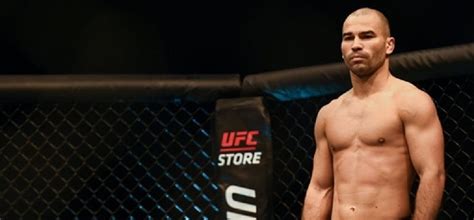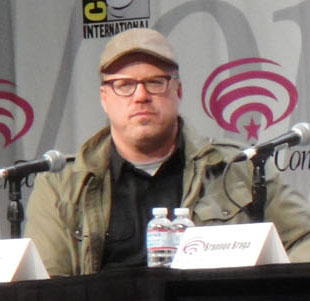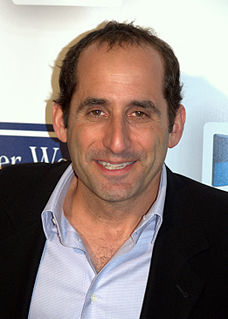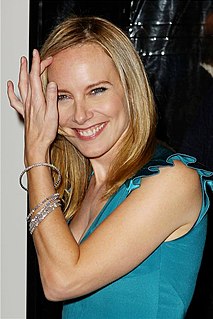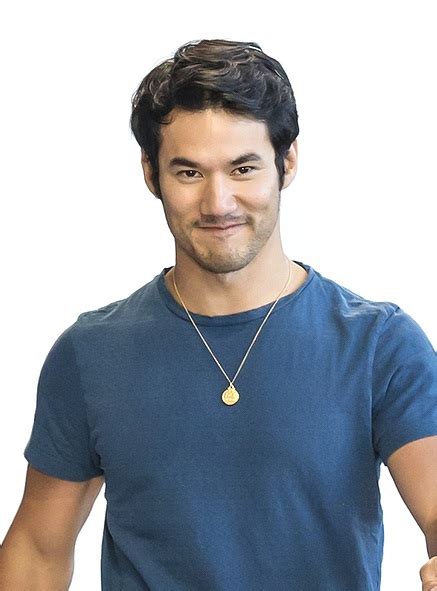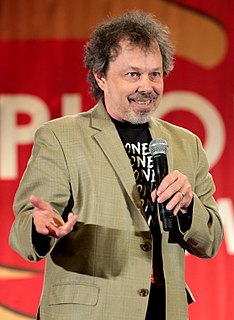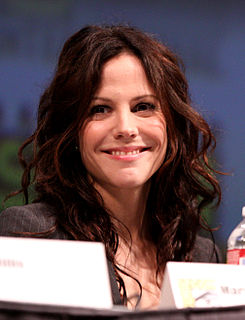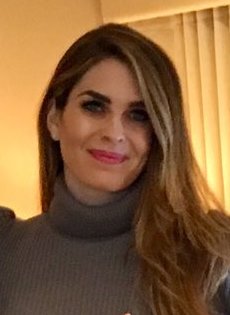A Quote by Ethan Hawke
Alejandro Amenabar is a different kind of director than I lot of the directors I've asked for. He really asks you to enter his dream as opposed to, you know, a guy like Sidney Lumet or something is going to ask you to create a character almost like a documentary. He wants you to make the people really real and he's going to capture it like a documentarian.
Related Quotes
It was a really strange experience. It was very creative for Alejandro Amenábar. It was almost like it was the most I ever felt like I was helping someone paint. They had a very clear idea of what they wanted it to look like, sound like, be like. So, there was no operating outside the box. The only way to help him was to try to really be a part of his imagination and try to make it happen. He's a super kind and loving person. So, you wanted to help him. It just was none of my normal ways of helping a director work at all. So, it was a unique experience for me that way.
When you ask to go to some other country and fight their local best guy, and you know the judges are going to be his friend and the referee is going to be his coach, the head of commission guys is probably going to be his relative or something like that, and you're asked to do that for 100 Euros. Nobody wants to do that.
Sidney Lumet is one of my favorite filmmakers. I feel like his approach to filmmaking was always so human. He was always making movies about the people. He wasn't about the tricks, you know what I mean? From 12 Angry Men on. Another film of his which I really, really love is Prince of the City, with Treat Williams, which is kind of a lost classic. Lumet is one of those film heroes that changed movies for everyone.
Because if you remember - and people forget this - the first two years of Game of Thrones everybody was going, "I don't know what's going on, but I really like it." And you really didn't know what to make of a lot of people, and now it's changed and people aren't really talking about that. Now it's like you're watching West Wing or Friends, you know the characters and you're like, "What in the world is going to happen?"
I don't know if you've ever seen some of the Sidney Lumet movies, like Dog Day Afternoon [1975] or Network [1976]. They're real events that happen in real time, and there are all of these different characters experiencing the same thing in different parts of the movie ... I am so bad at explaining my films. But it's in the world of finance and the world of media, and how they connect. It was a big undertaking. A big, mainstream movie, which stars Julia Roberts and George Clooney. But for me, it's really just a small story about character and people.
You try to follow suit and the directors I work with, like Sidney Lumet (on film in Before The Devil Knows You're Dead and TV in 100 Centre Street) who thinks actors hung the moon, thinks they can do anything, but he also works really quickly, the same like Clint Eastwood, and so you better also do your homework, you know?
There’s a side to me that likes to make clothes for everyday. But I also think of fashion as an escape. It’s like a dream. It shouldn’t always be practical and about real life. Sometimes you have to do a piece that has a bit more of a wow - almost like, "I don’t know who’s going to wear that. It’s almost too much." That’s a lot of what fashion is about. Even in an economy that isn’t strong and where it’s important to sell clothes, you have to make things that let people dream a little, you know?
I owe a great deal to Revenge Of The Nerds movie and I loved making it. But I've said this a lot: My character is as far from me as it's possible to be. People feel like they know who he is, and when they see me they just assume that I'm going to be like that guy. For me, to be that kind of anti-social misfit was something that I found to be a real challenge.
I really like the director [for Weeds]. I don't know if you've spoken to him yet but he's really, really intelligent. He was just really kind when I met him and nice and really told me why I should play the part...and kind of really didn't argue with him. He's just really, really smart and assembled these really great people. I felt like he really knows how to enlist his intelligence to get you - I don't know - he's really hard to argue with I find.
I like playing... I don't know. I think that's what was really exciting about playing Knives, too, from the beginning was that you get to kind of do both of that. She's almost like two different people, but that's what's cool about it, because I get to show her growth and that's the thing that's really cool about Knives, you get to really see her grow up from being meek and innocent and naïve at the beginning to this powerful girl who is going for what she really believes in and what she really wants.


